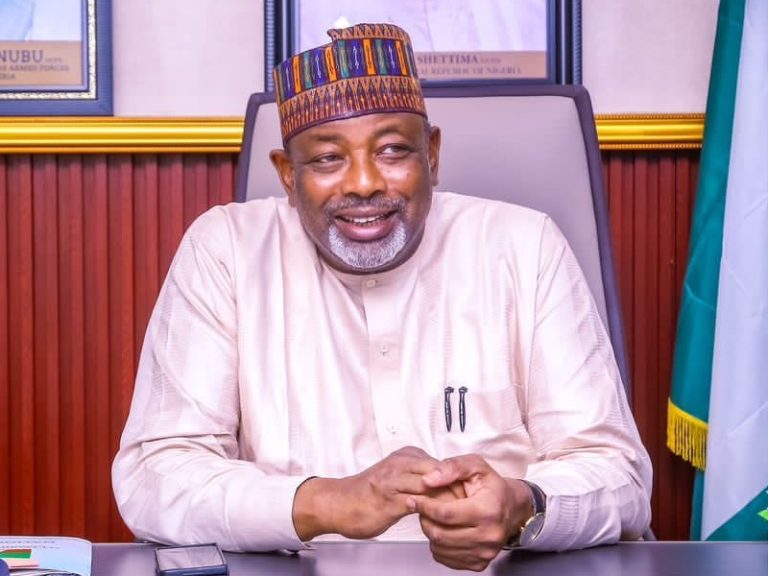
The Nigerian Communications Commission (NCC) has launched a new initiative, its quarterly public network performance reports designed to promote transparency, accountability, and improved consumer experience across the country’s telecommunications sector.
Speaking during the virtual launch on Monday, Aminu Maida, Executive Vice-Chairman and Chief Executive Officer of the NCC, said the reports represent a major step toward open and data-driven regulation that benefits consumers, investors, and operators alike.
“In every modern economy, reliable information is the foundation of trust and accountability,” Maida said.
“When we publish credible performance data, consumers make smarter choices, investors allocate capital with confidence, and operators improve quality and innovation.”
He described the reports as a “living accountability mechanism” that will track Quality of Service (QoS) and Quality of Experience (QoE) across all networks using large-scale, crowdsourced data gathered from users nationwide.
According to Maida, each of the six quarterly publications will cover national network performance, 5G rollout progress, device adoption trends, technology mix, and comparative service assessments. The data will be updated regularly and made available on the NCC’s official website.
‘Transparency Is Regulation by Sunlight’
Maida explained that the goal is to strengthen market competition and improve service delivery by giving consumers the ability to compare network performance and enabling operators to benchmark themselves more transparently.
“Transparent performance information strengthens competition. Public comparable metrics help consumers reward better networks and encourage laggards to catch up. In short, transparency is regulation by sunlight,” he said.
He added that for policymakers and investors, the reports would serve as an evidence-based guide for resource allocation and help identify underserved regions in need of network expansion.
The NCC boss noted that the publications will be updated every quarter and supported by simple public explainers to help Nigerians understand how mobile networks perform and what factors influence their experience.
FCCPC, NITDA Back NCC’s Data-Driven Strategy
Tunji Bello, Executive Vice-Chairman of the Federal Competition and Consumer Protection Commission (FCCPC), commended the NCC’s initiative, saying it would strengthen transparency and accountability in the telecom industry.
“This practical step gives consumers clearer visibility into service quality and allows regulators and operators to benchmark performance more transparently,” Bello said.
“We see this as a shared tool for accountability.”
Similarly, Kashifu Inua, Director-General of the National Information Technology Development Agency (NITDA), described the effort as a landmark for Nigeria’s digital ecosystem.
“What you cannot measure, you cannot improve,” Inua said.
“We need this data to plan, to know where we are, and to understand what is required to achieve our digital vision for Nigeria.”
Global Partners Commend the Move
Chip Strange, Chief Strategy Officer of global network analytics firm Ookla, hailed the NCC’s commitment to public-facing data as a “global best practice” that enhances competition and innovation.
“When citizens can see, compare, and trust the quality of services they receive, markets become fairer and innovation accelerates,” Strange said.
Edoyemi Ogoh, Deputy Director of Technical Standards at the NCC, encouraged telecom subscribers to report any network outages lasting more than 30 minutes, stressing that such feedback would improve the commission’s monitoring and data accuracy.
Also speaking, Ali Benchekh, Technical Account Manager at Ookla, said the NCC’s data-driven approach will improve transparency, build consumer trust, and enhance Nigeria’s ranking in the global telecom index.
“Nigeria’s network capacity for data services is generally strong, but strain has been observed in major urban areas across all operators,” Benchekh noted.
He recommended aggressive 5G rollout, optimization of existing 4G capacity, and expansion into semi-urban and rural areas to reduce digital inequality and ease congestion.
Benchekh also highlighted the need to improve latency and reduce jitter across networks to ensure stable, high-quality connections for real-time applications such as video streaming and online gaming, adding that addressing coverage gaps in cities like Lagos and Abuja will be key to meeting growing demand from 5G-enabled devices.


